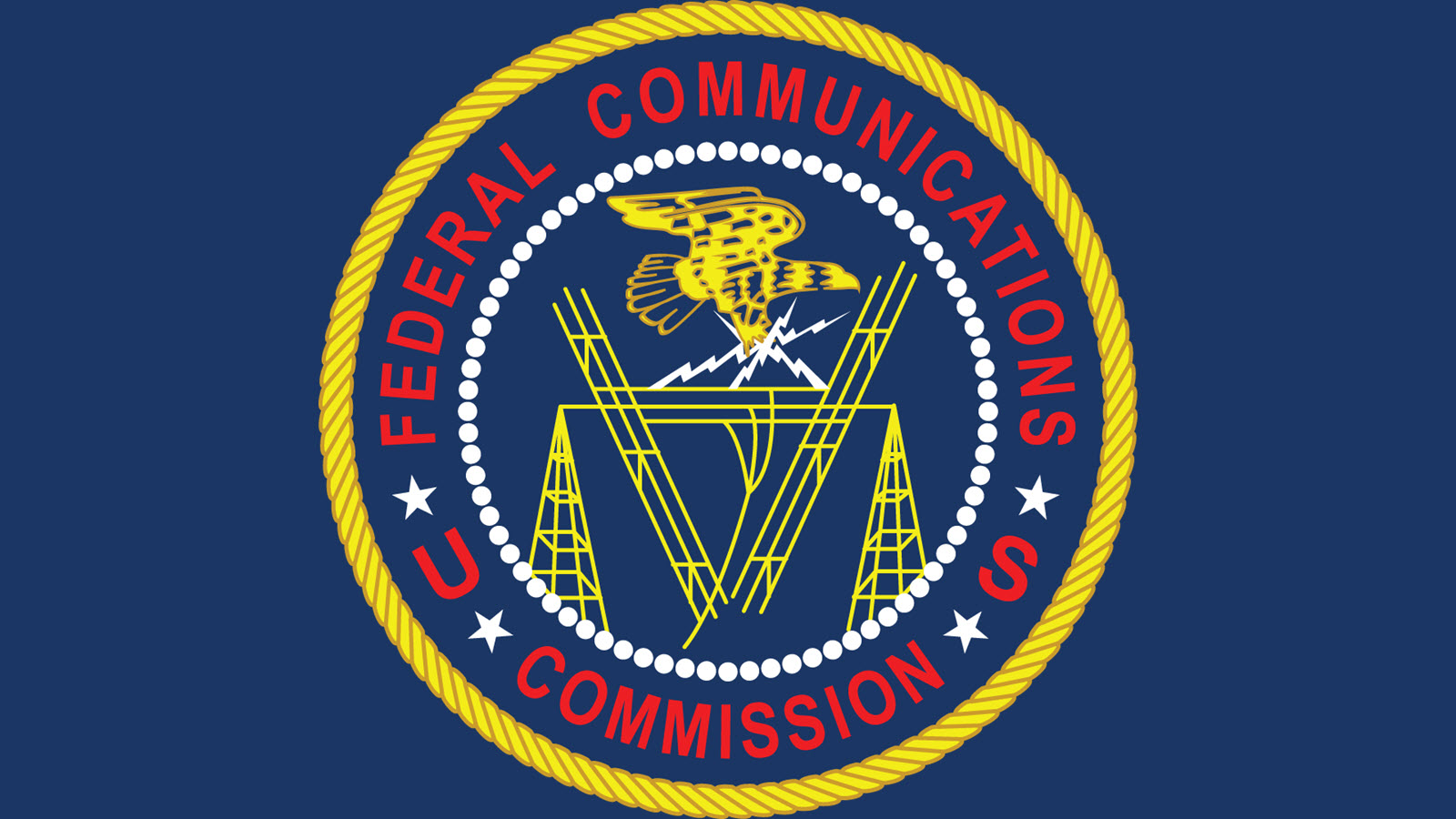FCC Pondering Monthly Meeting in Age of Social Distancing

The smarter way to stay on top of broadcasting and cable industry. Sign up below
You are now subscribed
Your newsletter sign-up was successful
The FCC has yet to weigh in on exactly how it will hold its public meeting March 31 in the age of coronavirus and social distancing. At press time the meeting was still scheduled although the FCC office has been closed to the public since March 12, with staffers, including commissioners, working from home.
The FCC is required to hold at least one meeting a month, though it is not required to be public.
Related: FCC Closes Headquarters to Public
When it closed the offices back on March 12, the FCC said that for anyone to enter the building they would need special permission from the Office of the Managing Director, which will only be granted if there is a "clear operational necessity."
The meetings are streamed, so it could be accessible via the Internet for those with broadband connections, and the commissioners, who will need social distancing themselves, could log in from home as well.
Commissioners Michael O'Rielly and Jessica Rosenworcel participated in an online video conference discussion last week from home, for example, for a New America event about broadband access that had to move online.
An FCC spokesperson had no comment at press time on the plans and how journalists could be accommodated. The Department of Homeland Security, for example, has included "front line reporters" among those sectors considered essential.
The smarter way to stay on top of broadcasting and cable industry. Sign up below
If not, there is precedent at FCC forums for taking questions via e-mail or twitter.
The current agenda for the meeting contains a mix of hot issues including mandating the STIR/SHAKEN default robocall-blocking regime, and items on next gen TV, defining significantly viewed stations and revising program carriage rules.
That agenda and how the meeting will be run could become clearer when the FCC releases its final agenda Tuesday, seven days before the meeting.
Contributing editor John Eggerton has been an editor and/or writer on media regulation, legislation and policy for over four decades, including covering the FCC, FTC, Congress, the major media trade associations, and the federal courts. In addition to Multichannel News and Broadcasting + Cable, his work has appeared in Radio World, TV Technology, TV Fax, This Week in Consumer Electronics, Variety and the Encyclopedia Britannica.

